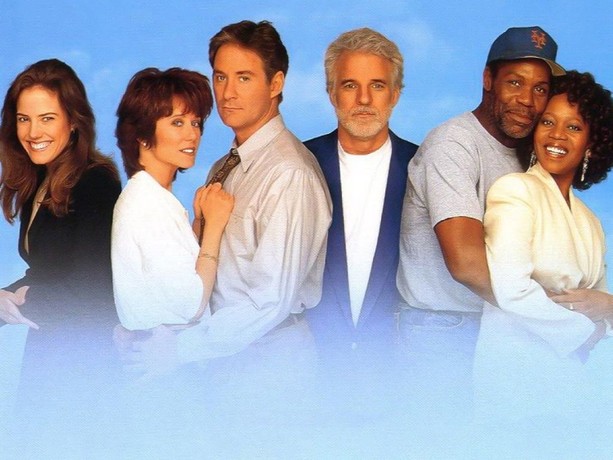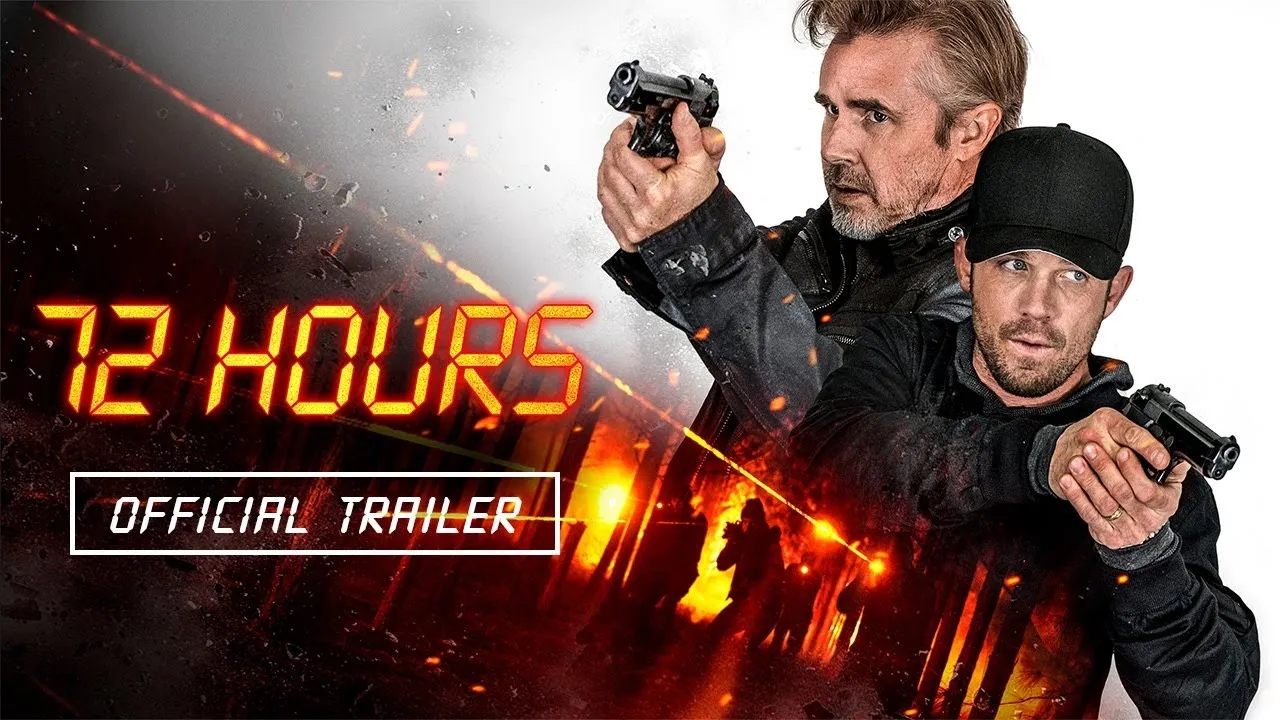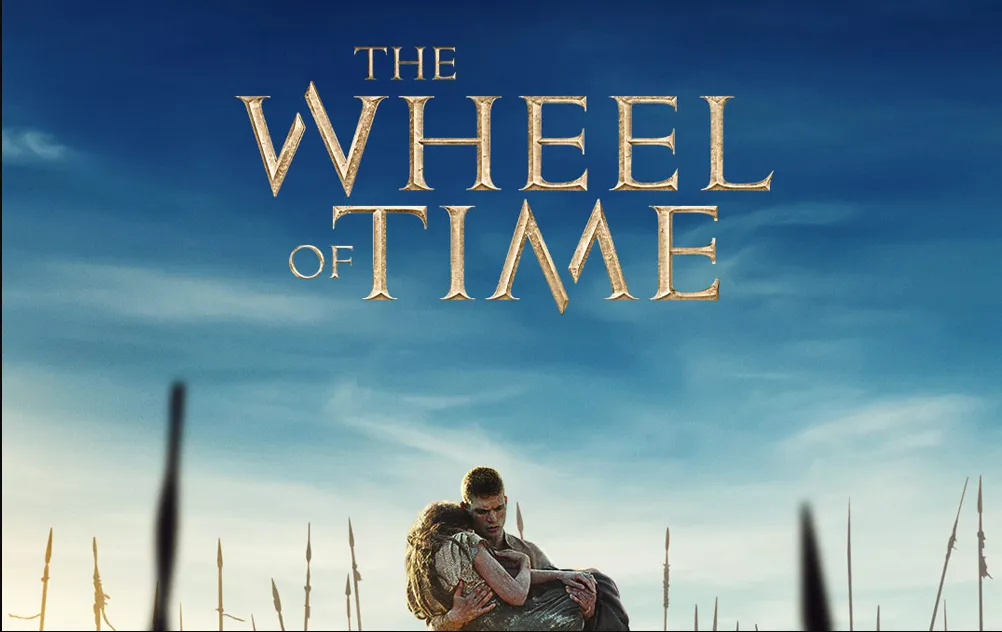ne broken car. One small act of grace. Everything changes.
Grand Canyon (1991) is a quiet, thoughtful ensemble drama that asks a bold question: What holds society together when everything seems to be falling apart? Directed by Lawrence Kasdan (of The Big Chill and The Empire Strikes Back), the film offers a soulful meditation on race, violence, privilege, and the fragile threads that bind us as human beings—set against the sprawling, uneasy landscape of Los Angeles in the early '90s.
The story begins with Mack (Kevin Kline), a successful white immigration attorney, who takes a wrong turn one night and finds himself stranded in a rough neighborhood. As he’s threatened by a group of young men, help arrives in the form of Simon (Danny Glover), a gentle and wise tow-truck driver who defuses the situation—not with fists or weapons, but with calm, human decency. That moment becomes the hinge of the film, sending ripples through a cast of interconnected characters.

Simon and Mack forge a tentative friendship that crosses racial and social boundaries. Meanwhile, Mack’s wife (Mary McDonnell) stumbles upon an abandoned baby, sparking a personal awakening. Mack’s best friend Davis (Steve Martin), a smug, blood-soaked movie producer, begins to question the violent entertainment he profits from after a near-death experience. Each character confronts the chaos around them—urban crime, class divides, moral apathy—and must decide whether to retreat inward or reach out.
The film doesn’t rely on melodrama or big plot twists. Instead, it’s driven by moments—a conversation on a sidewalk, a glance between strangers, a quiet breakdown. The titular Grand Canyon, which characters eventually visit, becomes a symbol for both the terrifying vastness of modern life and the awe-inspiring beauty of simply being alive and present within it.

Grand Canyon dares to suggest that kindness isn’t naive, that listening is revolutionary, and that the real action is in healing—not hurting.

-1752138810-q80.webp)

